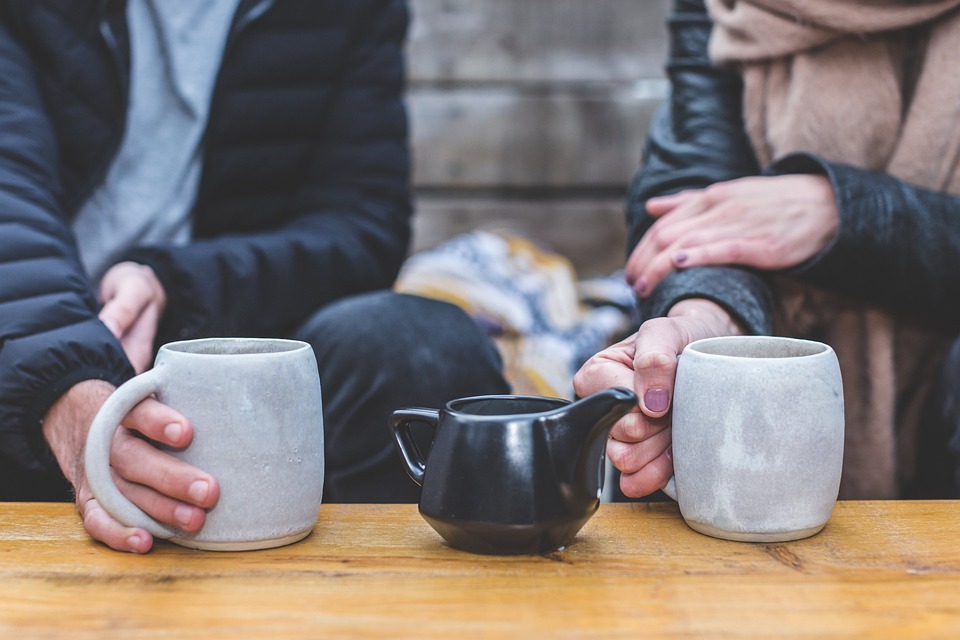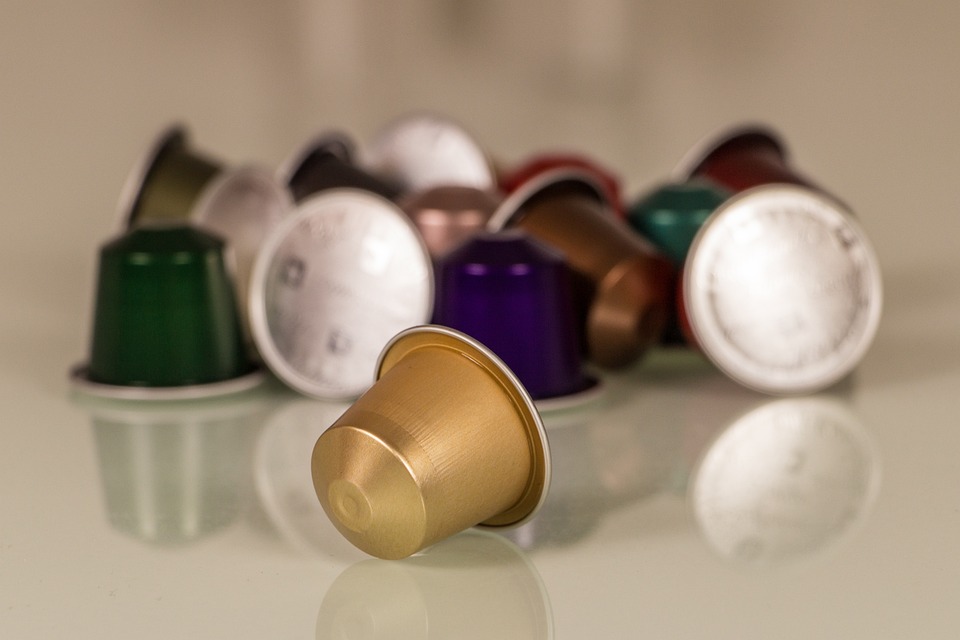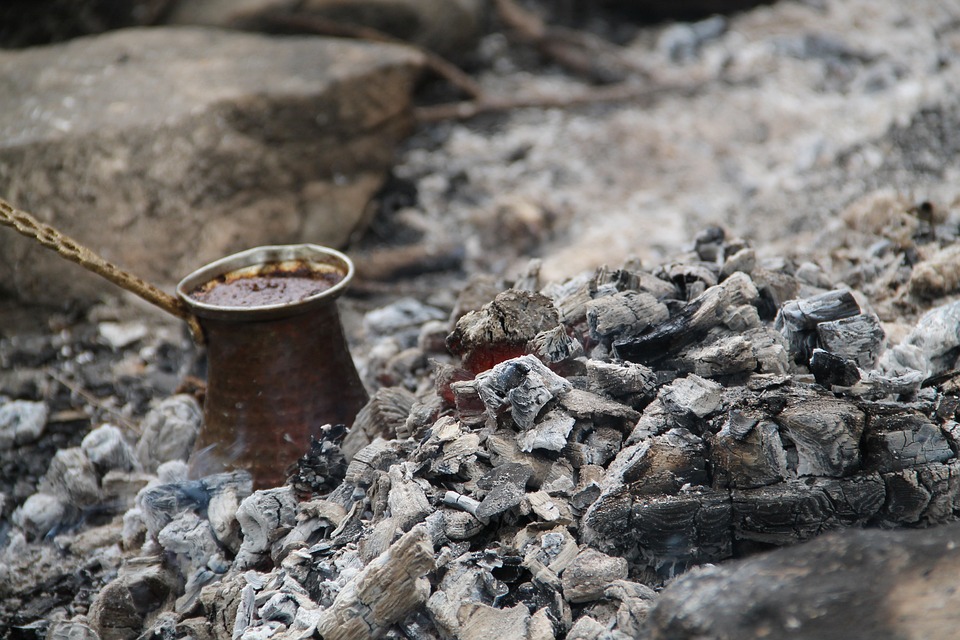Contrary to popular tales that suggest coffee originated in the 10th century, the earliest verifiable record of its existence traces back to the 15th century. Advancing six centuries forward, coffee has transformed into a cherished drink that more than half of U.S. consumers consume multiple times daily. Regardless of our profound love for coffee, there still exists a myriad of misconceptions and uncertainties associated with it. CoffeeBitz is available today to address these frequently asked questions, so continue reading to discover the reality.
Does coffee go bad?
This question is mainly asked by the occasional coffee-drinkers, as the other ones will finish the pack long before the best-before date! To put it simply: yes, coffee can go bad; however, not in the way that it spoils and makes you sick after drinking it. If a good coffee goes bad, it will lose the aroma, and its dark brown color will become lighter.
One of the things you can do to prolong the shelf-life of coffee is to store it in an airtight container and a cool place away from humidity. Note that cool doesn’t mean putting it in the freezer, as this equally destroy its flavor.
Can disposable coffee cups be recycled?
Thanks to the fast-paced lives we’re living, we often don’t have a choice but to take our coffee in a disposable coffee cup. However, whatever’s convenient for the humankind is often a threat to the environment. In theory, disposable coffee cups can be recycled. However, there are two main reasons why this is challenging in real life.
First, although made mostly out of paper, disposable coffee cups have thin polyethylene lining on the inside that allows them to store liquid. So, even though the plastic lids are 100% recyclable, this means that coffee cups need to be processed in special recycling facilities.
The other issue is that of where these coffee cups will actually be disposed. For instance, the aforementioned indicates that these coffee cups cannot be thrown away in paper recycling bins. Moreover, when on the go, one will not always be near to a recycling bin, which means that these coffee cups will likely end up in a landfill with the rest of the waste.
There are many divided scientific opinions on this topic. However, the safest conclusion that one can come to after summarizing them is that coffee cannot harm a person’s health. Of course, this is only true if it’s drunk in moderation, and there are no other health conditions nor medications in the picture.
So, how much is too much? The majority of researchers agree that healthy adults should drink no more than three to four cups of coffee. Otherwise, a ‘caffeine overdose’ might cause irritability and headaches, as well as insomnia and an upset stomach.
When it comes to the benefits of coffee, on the other hand, studies have shown that coffee contributes to liver protection and lowering the risk of diseases like type 2 diabetes, depression, Parkinson’s, and Alzheimer’s. It is also a good source of fiber, potassium, as well as vitamins B2, B3, and B5.
Can coffee make you tired?
One of the main reasons most of us drink coffee – and the expected outcome of drinking a cup of it – is that it makes us more alert, awake, and energized. So, where does this question come from? The truth is that you might feel tired after drinking a cup of coffee; however, it’s not actually the coffee’s fault.

Essentially, coffee blocks brain receptors that cause fatigue. As the case is with all suppressors of the sort, its effects wear off at some point. That’s when adenosine levels increase, making you drowsy again.
Another reason why one might feel tired eventually, even though they’ve had a coffee is that these magic beans have diuretic properties. This means that you will feel the need to urinate more often and, therefore, lose water from your body. This, in turn, will slow down your blood flow and the oxygen levels in your brain, making you feel weary.
Can coffee cause anxiety?
As the case is with the dilemma of whether coffee is healthy or not, a simple way to answer this question is that coffee, on its own, cannot cause anxiety. However, there are certain scenarios in which one might feel anxious after having a cup of coffee.
For instance, people who are experiencing anxiety on an ongoing basis might feel that coffee triggers or enhances their anxiety. On the other hand, when it comes to people with no history of anxiety, coffee can cause anxiousness and irritability as side effects when drinking it too much.
Can coffee cause acne?
Unless you have an existing problem of the sort, coffee cannot cause acne on its own. Similar to the myths listed above, however, coffee can affect other bodily functions which might, in turn, intensify your acne problem.
For instance, caffeine increases your body’s stress response. Again, this cannot trigger the appearance of acne, but it can worsen an existing case. Furthermore, coffee affects the processing of blood sugar in a way that it raises insulin tolerance. That said, you might have higher blood sugar levels which stimulate the skin’s oil production that increases the severity of acne.
Can coffee cause bloating?
Coffee doesn’t cause bloating, but how you take it might. If you take your coffee with a lot of sugar, creamer, and milk – there’s high chance that you’ll feel bloated afterward. It’s not even the combination of these ingredients with coffee that causes it, but these ingredients on their own.
When our body dissolves refined sugars, as well as any starch, gas release is eminent in the process. This, in turn, results in making us feel bloated. On the other hand, creamers and milk might cause bloating because of the lactose they contain, as the case is with other dairy products. Finally, coffee might also be a problem for people with a certain gastrointestinal condition that has bloating among its symptoms.
Can coffee cause headaches?

Headaches after coffee can only appear after drinking too much of it. Otherwise, coffee doesn’t cause headaches. In fact, as it tightens the blood vessels, coffee can even ease pains in the body to a small extent. However, if a person who drinks it has a history of migraines, there’s a chance that a headache will intensify after the effects of caffeine wear off.
Summary
As mentioned earlier, there are more than a few myths surrounding the favorite beverage of many. The majority of them relate to the effects that coffee has on people’s overall well-being. However, based on everything that has been outlined so far, coffee can only do you harm if you drink too much of it, or if you have a condition that might be triggered by it. Unless that is the case with you, dear reader, feel free to enjoy the magic beans and remember to keep it in moderation!




